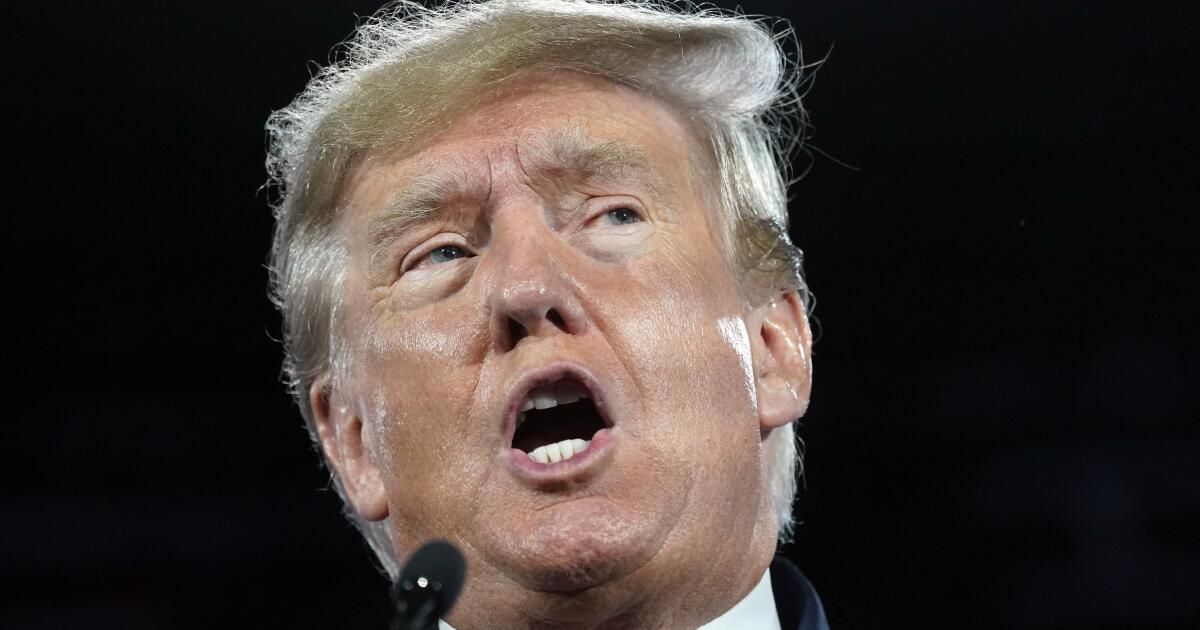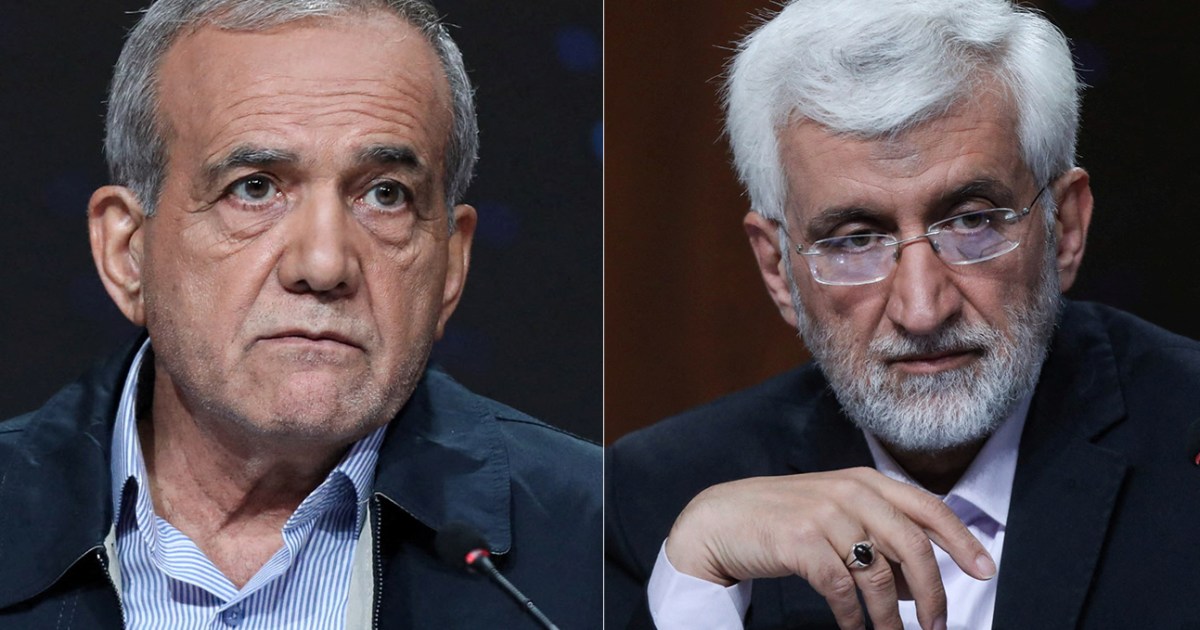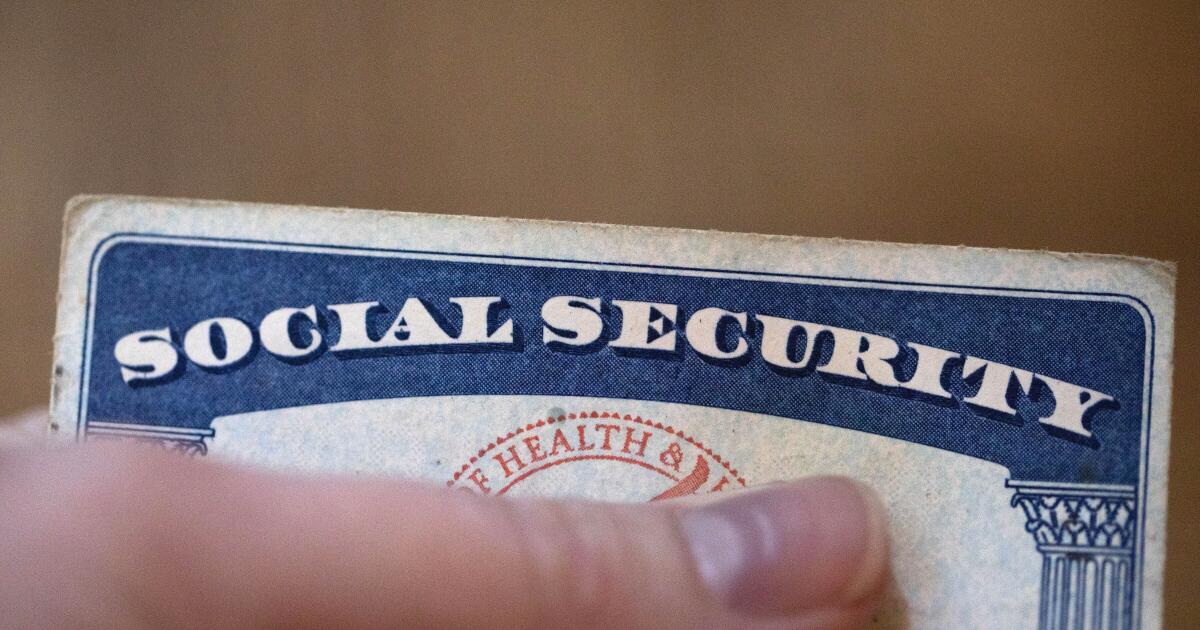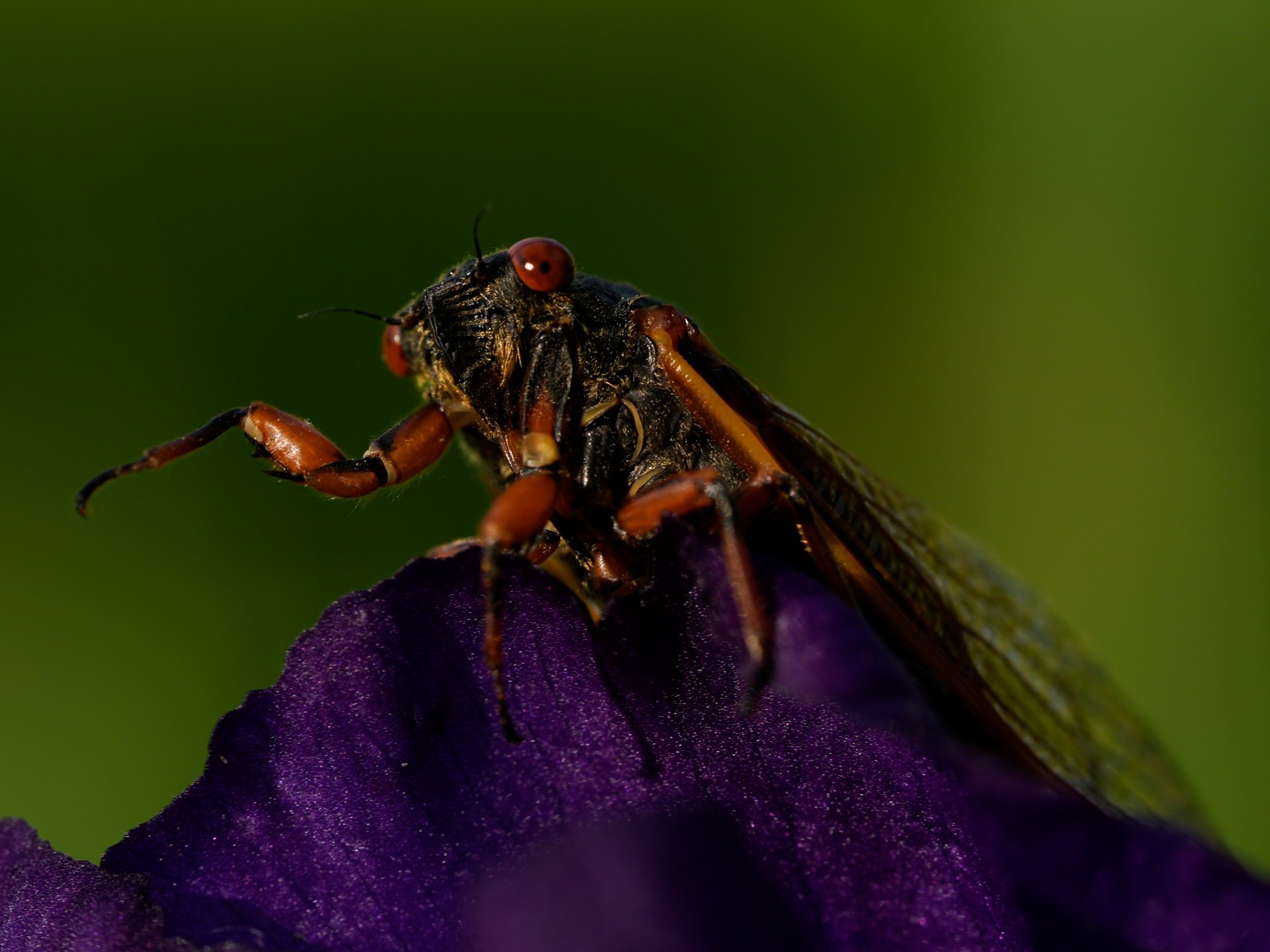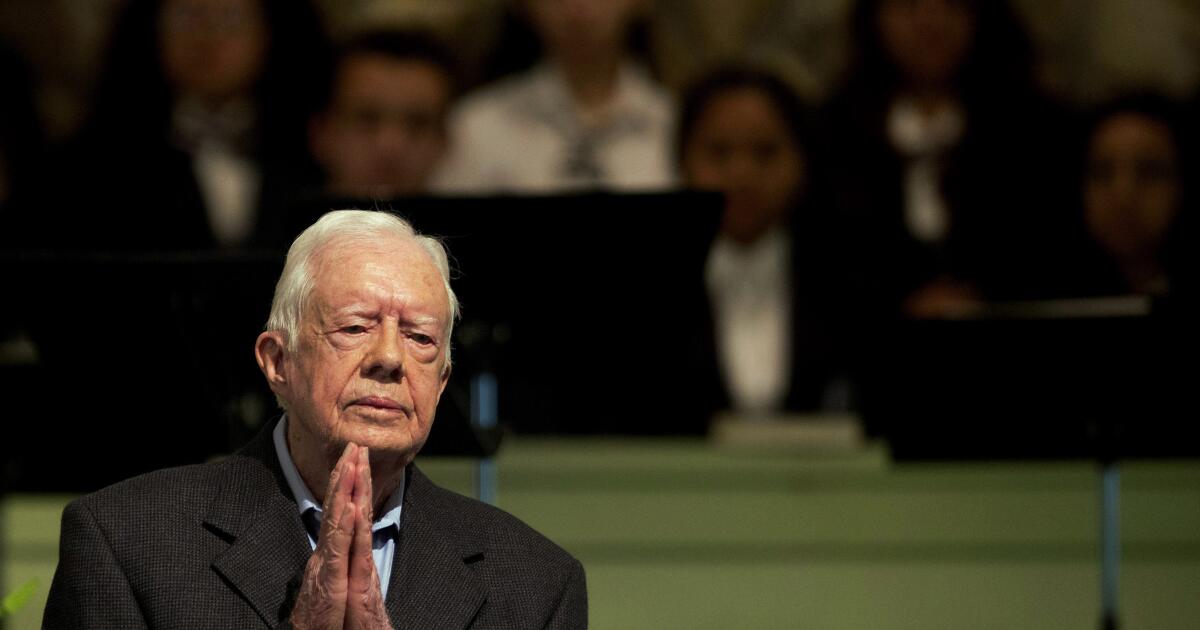The Supreme Court ruled Monday that former President Trump cannot be prosecuted for “official” acts he performed while in office, leaving the door slightly open to holding him accountable for some of his alleged efforts to overturn the results of the 2020 election.
In a 6-3 vote, the justices upheld Trump's claim that he was largely immune from any criminal charges related to his official actions while in the White House.
They added that presidents and former presidents enjoyed absolute immunity for the exercise of their basic constitutional powers, including acting as commander-in-chief of the armed forces.
The three liberal justices dissented, characterizing the decision as a crude and dangerous expansion of presidential power that effectively places the nation's chief executive above the law.
The majority sent the case back to lower courts to determine whether any of Trump's actions related to the 2020 presidential election and the effort to overturn President Biden's victory were unofficial and therefore subject to prosecution.
The decision is a clear victory for Trump. The court's conservative majority agreed with his assertions that a former president has broad immunity from criminal charges.
“The president does not enjoy immunity for his unofficial acts and not everything he does is official. The president is not above the law,” said Chief Justice John G. Roberts Jr. “But Congress cannot criminalize the president's conduct in carrying out executive branch responsibilities under the Constitution. And the system of separate powers designed by the framers has always demanded an energetic and independent executive. Therefore, the president cannot be prosecuted for exercising his basic constitutional powers and is entitled, at a minimum, to presumptive immunity from prosecution for all his official acts.”
This result virtually guarantees that Trump will not face trial on these charges before the November election. And if he returns to office, he can order the Justice Department to dismiss the case.
The ruling would also extend an immunity shield to Biden. Trump has stated that he will seek retaliation if he returns to the White House, including by filing criminal charges against those who accused him. The court's opinion makes clear that a former president could not be prosecuted because of the actions of that administration's Justice Department.
In dissent, Justice Sonia Sotomayor said: “Today’s decision to grant criminal immunity to former presidents reshapes the institution of the presidency. It makes a mockery of the principle, fundamental to our Constitution and system of government, that no man is above the law… The court grants former President Trump all the immunity he asked for and more. Because our Constitution does not protect a former president from being held accountable for criminal and treasonous acts, I disagree.”
Justices Elena Kagan and Ketanji Brown Jackson agreed.
Trump reacted on his social media, posting in capital letters: “GREAT VICTORY FOR OUR CONSTITUTION AND DEMOCRACY. PROUD TO BE AN AMERICAN!”
Roberts was not entirely clear about which parts of the impeachment against Trump might survive.
He said even Trump's lawyers seemed to agree that a scheme to “submit fraudulent lists of presidential electors” was private and not part of the president's official duties. But he also said a lot would depend on the details of what Trump said or did.
“Ultimately, it is up to the government to rebut the presumption of immunity,” he wrote. “Accordingly, we remand to the district court to determine in the first instance – with the benefit of the information we lack – whether Trump's conduct in this area qualifies as official or unofficial.”
Some legal experts harshly criticized the ruling.
“The Supreme Court's decision on immunity will eventually be considered one of the court's worst decisions in its many years of history,” said Claire Finkelstein, a law professor at the University of Pennsylvania. “Any president of the United States can now violate the law to remain in power as long as he disguises it with the attributes of his office.”
The court's partisan division in the immunity ruling reminded some of the Bush v. Gore that ended the vote count in favor of President George W. Bush.
Alison L. LaCroix, a professor at the University of Chicago, said that “the Court has created a new category of presumptive immunity that invites all future presidents to act first and worry about the constitutional consequences later, if they occur. Today's decision is potentially even more radical than Bush v. Gore because it applies to all future presidents, not just to specific situations like the vote recount in Florida in 2000. It also goes against the design of the founders. “The founders’ greatest fear was a popular demagogue.”
Among the Democrats who criticized the ruling was Rep. Adam B. Schiff (D-Burbank), the lead House prosecutor in one of Trump's impeachment trials.
“Today's Supreme Court decision on Donald Trump's immunity request is far worse than I imagined, as it effectively grants a president immunity for any crime committed while in office, as long as that president can claim plausibly that the action was taken in some kind of official capacity,” Schiff said. “The president, as king, must now be presumed immune from accountability. Under this ruling, a president can order the murder or imprisonment of his political rival and be immune…he can organize a military coup to stay in power and remain immune. If that sounds crazy, that's because it is.”
During arguments in this case, Trump's lawyers were asked whether a former president could be prosecuted for ordering the military to “stage a coup” to keep him in office or ordering a Navy SEAL to kill one of his own. political rivals. In response, the lawyer said that would appear to be an official action under the president's power as commander in chief of the armed forces.
In his opinion, Roberts mentioned that the president's power over the military is “within the exclusive constitutional authority of the president,” and that the law “cannot criminalize the president's actions” in that area.
Jackson noted that passage as troubling.
“Even a hypothetical president who admits to ordering the assassination of his political rivals or critics, or one who indisputably instigated a failed coup, has a good chance of gaining immunity,” he said. “Regardless of the nature or impact of the president's criminal conduct, as long as he is committing crimes 'pursuant to the powers vested in him exclusively by the Constitution,' or as necessary “to carry out his constitutional duties without undue caution “You are likely to be considered immune from prosecution.”
As of Monday, the Supreme Court had not ruled on whether a president or former president can be prosecuted for a crime.
The closest case came in July 1974, when a unanimous court rejected President Nixon's claim of executive privilege and ordered him to turn over his White House tapes to investigators pursuing the Watergate scandal.
The Justice Department had maintained that it would not bring charges against a president while he was in office. Government lawyers said the only remedy under the Constitution for a president's violations of the law is impeachment.
But it had long been taken for granted that a former president could be charged with crimes, even for actions he took while in the White House.
Trump’s lawyers, however, argued that a former president was broadly protected from prosecution for his “official acts.”
They also raised the specter of a partisan prosecution, as the former CEO and this year's Republican presidential candidate faces charges brought by a Democratic administration whose president is running against Trump.
Attorney General Merrick Garland appointed Jack Smith as special counsel to investigate Trump's role in the January 6, 2021, attack on the Capitol. And last year, he accused the former president of conspiring to prevent the counting of electoral votes that confirmed Biden had won the election.
Trump summoned his supporters to Washington on January 6, as Congress met to certify Biden’s victory. He urged them to “stop the steal,” and thousands of them rioted at the Capitol and stormed the building.
The special counsel had hoped to present the charges to a jury this spring, but Trump and his lawyers secured several extensions from the Supreme Court.
While legal experts scoffed at Trump’s claim of absolute immunity, Smith and his lawyers took an equally broad and unyielding position in the opposite direction. They said a former president had no immunity from criminal charges if a prosecutor won a grand jury indictment.
The special counsel's position was accepted by U.S. District Judge Tanya Chutkan, the assigned trial judge, and confirmed by a three-judge panel of the U.S. Court of Appeals in Washington.
However, it soon became clear that Smith's position was not favored in the Supreme Court.
The judges refused in December and again in February to step aside and allow Smith to present his case to a jury.
Roberts and Justice Brett M. Kavanaugh had served as White House counsel and, like Justices Clarence Thomas, Samuel A. Alito Jr. and Neil M. Gorsuch, emerged in the post-Watergate era from controversial investigations. and highly partisan about presidents and their top advisors.
They were cautious about giving prosecutors in the current administration full freedom to bring criminal charges against the previous president.

